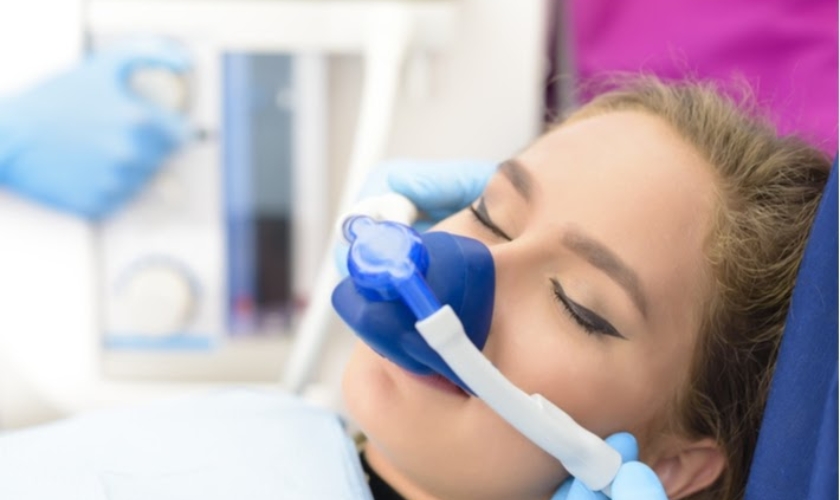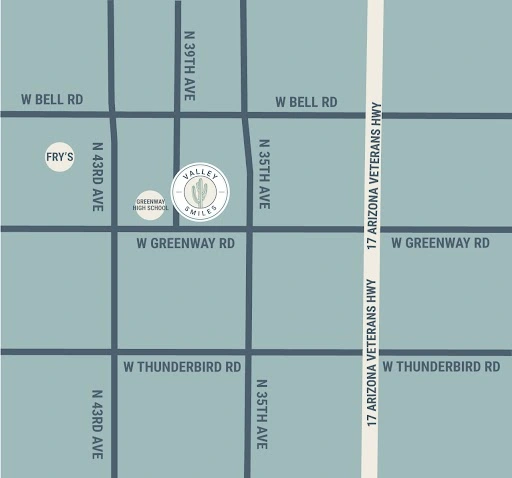Nitrous oxide, also known as laughing gas, is a common tool used in dentistry to help patients relax and manage anxiety during procedures. But how exactly does this gas work, and what are the effects it has on dental patients?
What is Nitrous Oxide?
Nitrous oxide is a colorless, odorless gas that, when inhaled, produces a mild euphoric and analgesic effect. It’s not technically an anesthetic, as it doesn’t put you to sleep, but it can significantly reduce anxiety and pain perception.
How Does Nitrous Oxide Work?
When you inhale nitrous oxide, it enters your bloodstream and binds to certain receptors in your brain. This binding blocks the transmission of pain signals and produces a feeling of relaxation and euphoria.
Effects of Nitrous Oxide on Dental Patients
The effects of nitrous oxide vary from person to person, but some common experiences include:
- Feeling lightheaded or dizzy
- Tingling sensations in the hands and feet
- Feeling warm or fuzzy
- Increased giggling or laughter (hence the nickname “laughing gas”)
- Reduced anxiety and fear
- Reduced pain perception
Benefits of Using Nitrous Oxide
Nitrous oxide can be a valuable tool for dental patients who experience:
- Dental anxiety or phobia
- Sensitive teeth
- Difficulty sitting still
- A strong gag reflex
- Fear of needles
Using nitrous oxide can help make dental procedures more comfortable and enjoyable for these patients, allowing them to receive the care they need without unnecessary stress.
Is Nitrous Oxide Safe?
Nitrous oxide is generally considered safe when used properly by a qualified dentist. However, some side effects can occur, such as nausea, vomiting, and headaches. Typically, these adverse effects are mild and transient.
Things to Consider Before Using Nitrous Oxide
If you’re considering using nitrous oxide for your next dental appointment, there are a few things to keep in mind:
- Nitrous oxide may not be appropriate for everyone, especially pregnant women or people with certain medical conditions.
- Nitrous oxide can interact with some medications, so it’s important to tell your dentist about all the medications you’re taking.
- There is a small risk of addiction to nitrous oxide, so it’s important to use it only as needed.
Talk to Your Dentist
If you’re interested in learning more about nitrous oxide and whether it’s right for you, talk to your dentist. They can discuss the risks and benefits of nitrous oxide and help you decide if it’s the right choice for your next dental appointment.
Remember, nitrous oxide is just one tool that dentists can use to help patients relax and manage anxiety during dental procedures. If you’re feeling anxious about your next appointment, talk to your dentist about other options, such as relaxation techniques or oral sedatives.





